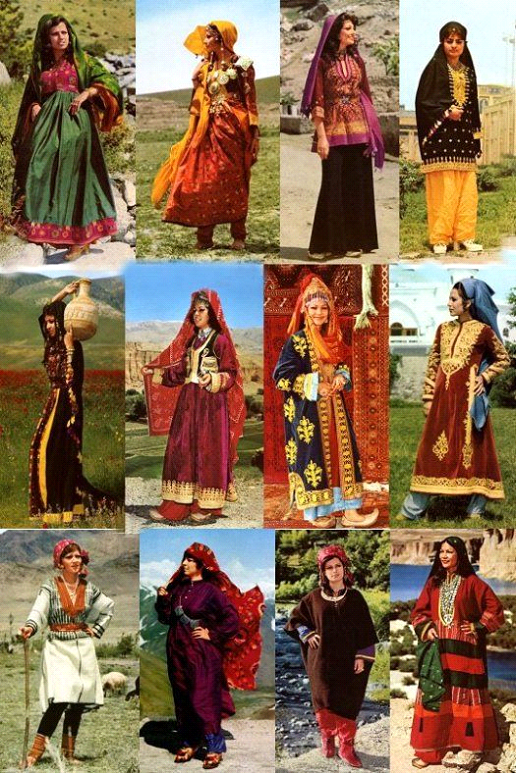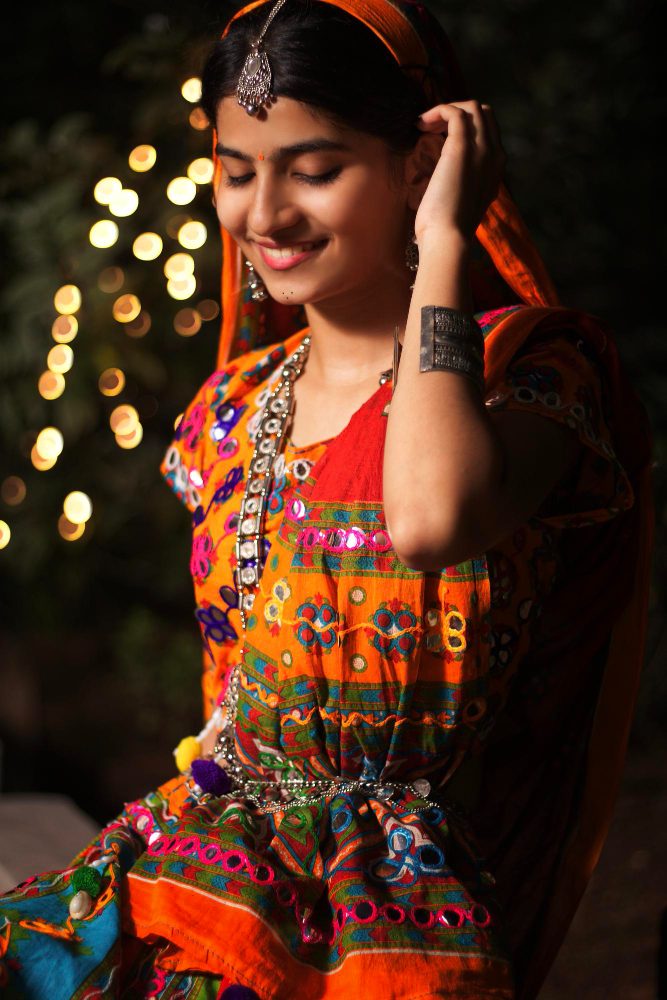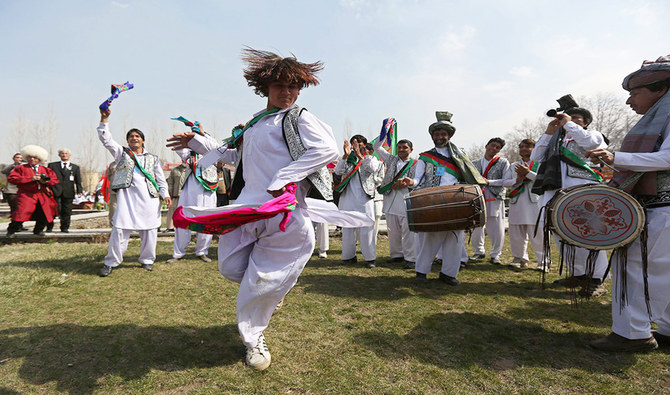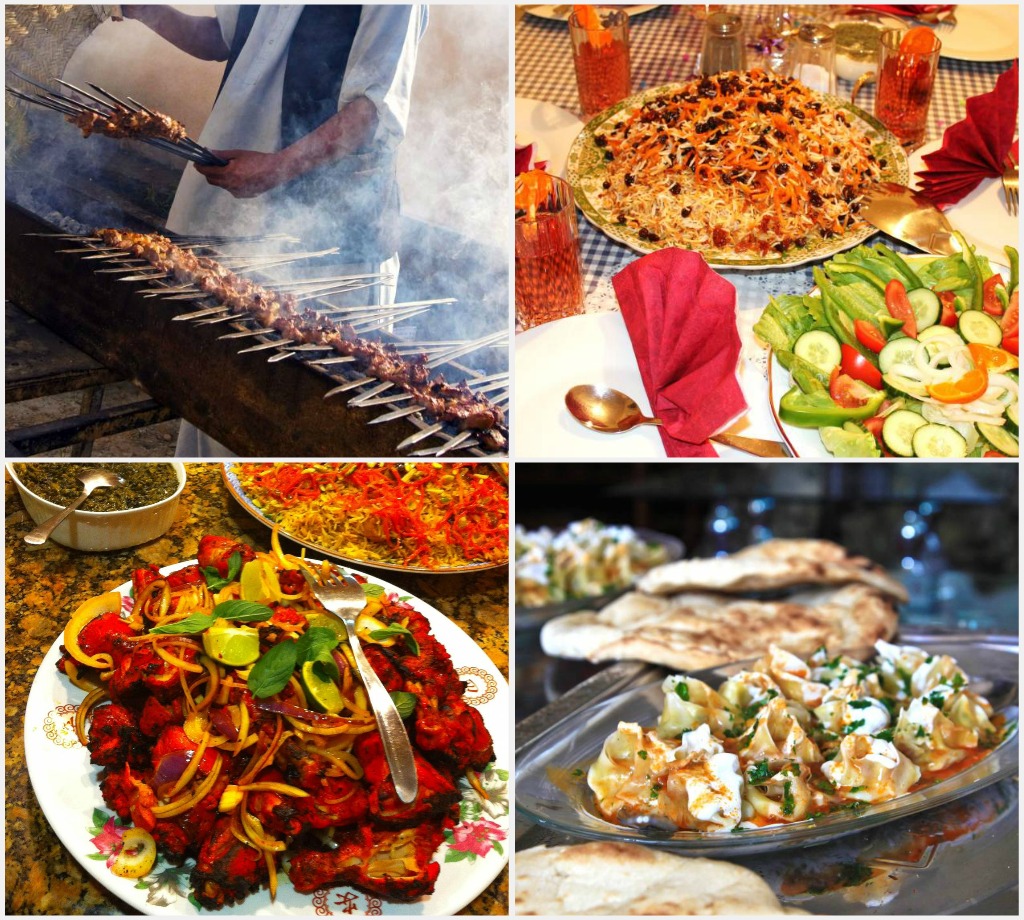Pashtuns, also known as Pakhtuns or Pathans, are one of the oldest ethnic groups in South-Central Asia, primarily residing in Pakistan and Afghanistan.
With a population of over 50 million, the Pashtuns have preserved their unique culture, traditions, and code of life known as Pashtunwali for centuries.
These customs have been passed down orally, from generation to generation, and continue to shape the identity of Pashtun society today.

Pashtunwali – The Code of Life
At the heart of Pashtun culture lies Pashtunwali, an unwritten ethical code that governs social behavior.
It emphasizes honor (nang), hospitality (melmastia), loyalty, courage, and justice.
Even in modern times, many Pashtuns living in tribal areas or rural communities continue to practice Pashtunwali as a way of life.
One of its central principles is "badal", the idea of revenge or justice. If a Pashtun or their family is wronged, they are expected to seek justice, even if it takes generations.
Another vital element is "nanawatai", the right to seek forgiveness or asylum, if someone enters your home and asks for protection, you are obliged to grant it, even if the person is your enemy.
Pashtunwali creates a powerful sense of identity and unity, especially in areas where formal legal systems are weak.
Language and Oral Traditions
The Pashto language is a key pillar of Pashtun culture. Rich in poetry and proverbs, Pashto reflects the values and experiences of its speakers.
The works of Khushal Khan Khattak and Rahman Baba, two legendary Pashto poets, are still recited today in villages and gatherings.
Poetry is not just entertainment, it’s a way of expressing honor, love, loss, and resistance.
Storytelling also plays an important role in preserving oral history.
Elders often sit with younger generations and recount tales of bravery, tribal wars, and moral lessons. In this way, culture is kept alive without needing books.

Traditional Dress
Pashtun men typically wear the shalwar kameez (a long shirt with loose trousers) with a waistcoat and a pakol or turban.
The turban is not just an accessory, it is a symbol of dignity and masculinity.
In rural areas, older men still carry swords or daggers, especially during tribal events or ceremonies.
Pashtun women wear colorful embroidered dresses, often stitched by hand.
Their outfits vary by region, with distinct embroidery styles found in areas like Swat, Waziristan, and Kandahar.
Jewelry is an important part of traditional women’s dress, and silver ornaments are common among married women.
Hospitality – Melmastia
One of the most beautiful traits of Pashtun culture is hospitality. Guests are treated with great respect and generosity, regardless of their background.
Offering food, shelter, and protection is considered a sacred duty. Even strangers passing through a village will not be turned away without tea and a meal.
It’s not uncommon for Pashtun families to slaughter a goat or chicken in honor of a visiting guest.
Refusing hospitality is seen as an insult, and the host’s reputation is tied to how well they treat their guests.

Festivals and Ceremonies
Pashtuns celebrate Islamic festivals like Eid-ul-Fitr and Eid-ul-Adha with great enthusiasm.
On Eid, families dress in their best clothes, visit relatives, distribute sweets, and donate to the poor.
Traditional dances, especially the energetic Attan, are performed at weddings and public gatherings.
Weddings are elaborate and filled with customs. The Nikah (marriage contract) is followed by several days of feasting, music, and rituals.
Dhol (drums) and rubab (a local string instrument) add rhythm to the celebration.
The bride usually wears red or deep green, adorned with intricate jewelry, while the groom often dons a turban.
Cuisine – A Taste of Pashtun Land
Pashtun cuisine is rich in flavor and deeply tied to hospitality.
Dishes are simple but hearty. Kabuli pulao (rice with lamb, raisins, and carrots) is a favorite during special occasions.
Chapli kebab, a spiced meat patty fried in animal fat, is famous in Peshawar and enjoyed all over Pakistan.
Roghani naan (butter flatbread), mantu (steamed dumplings), and sheer yakh (a cold dessert made with milk and ice) are also part of the traditional diet.
Food is often cooked with minimal spices but lots of care, usually over wood fires in clay ovens.

Values and Social Norms
Respect for elders is deeply ingrained in Pashtun society.
Young people are expected to stand when elders enter the room and listen to their advice without interruption.
Gender roles are traditionally defined, though this is gradually changing in urban areas where education and awareness are more widespread.
Jirgas (councils of elders) are still used to resolve disputes in rural Pashtun areas.
These councils rely on community consensus and the principles of Pashtunwali rather than formal court procedures.
Thank you!
Published by Mr. Hammad Amin English to Pashto Translator.
Unlock the power of glocalization with our Translation Management System.
Unlock the power of
with our Translation Management System.




















.png)







